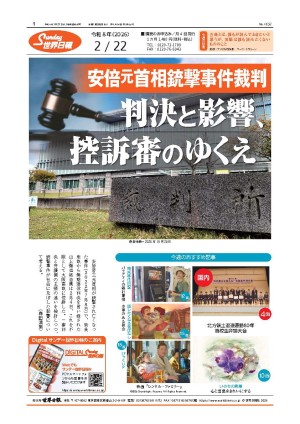ロシアの没落は不可避、専門家が警鐘 Despite economic upturn, Russia faces inevitable decline,experts warn
ロシアの景気が上向き傾向にあり、ロシア政府に楽観的な見方が広がっている。しかし、ロシアに詳しいアナリストとエコノミストらは、数字をよく見れば、この国の凋落ぶりはすでに取り返しのつかないところまできており、西側にとって大変な脅威になることが分かると指摘する。
ロシア市場は好調で、ルーブルは今年、新興市場の通貨としては最も堅調に推移している。しかし、アジア欧州の専門家で戦略家のS・エンダース・ウィンブッシュ氏は、まだ見えていない部分があると指摘した。
...【全文を読む】







